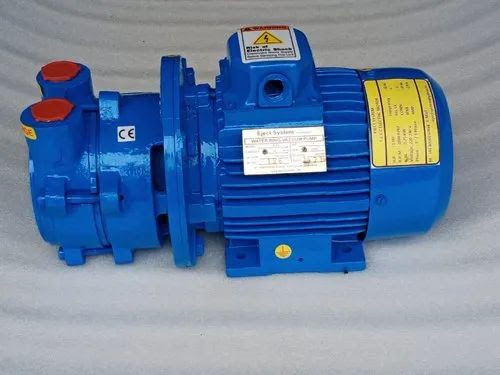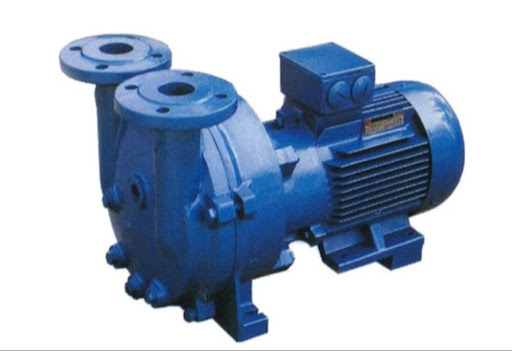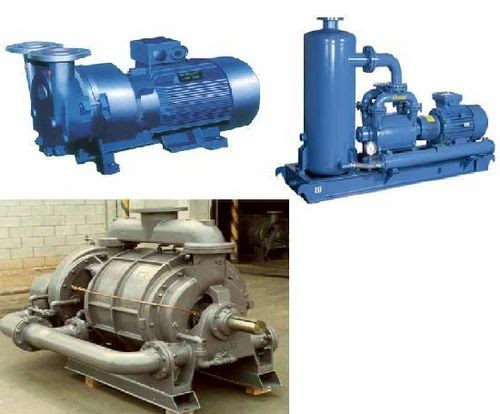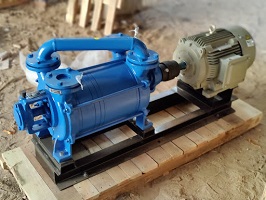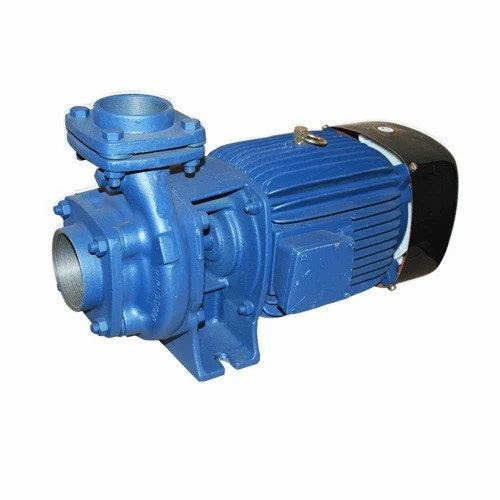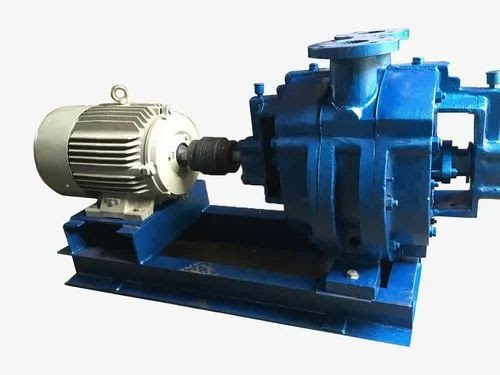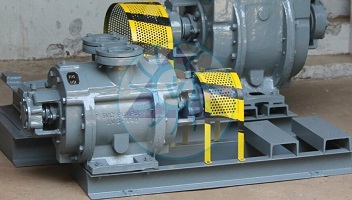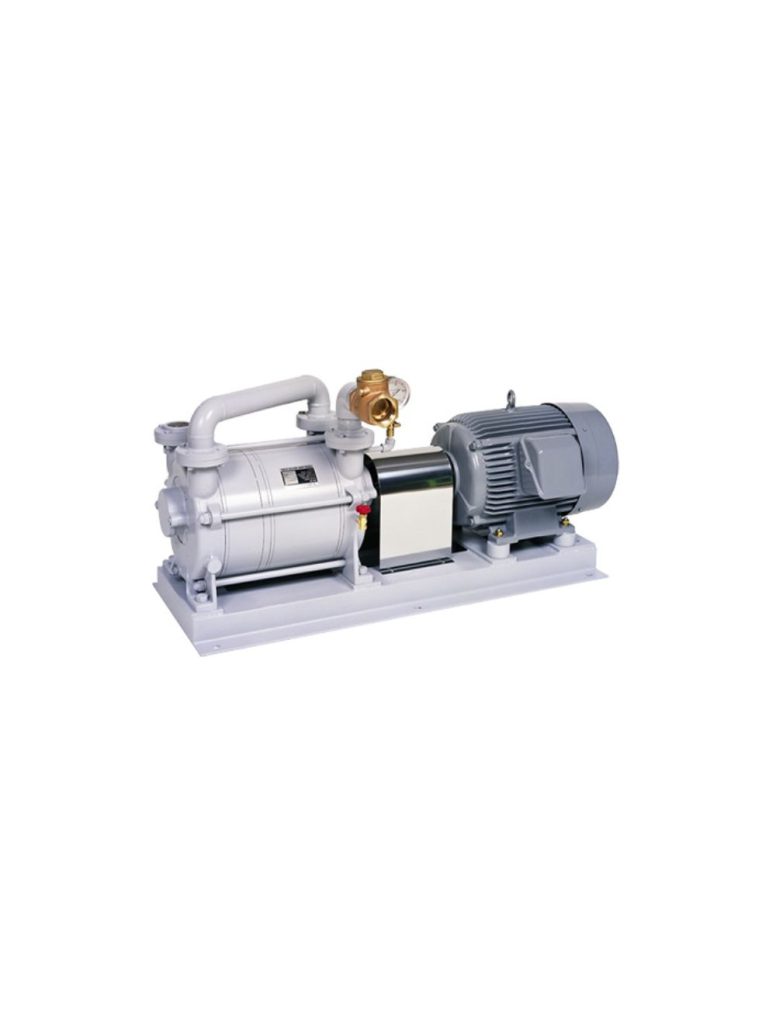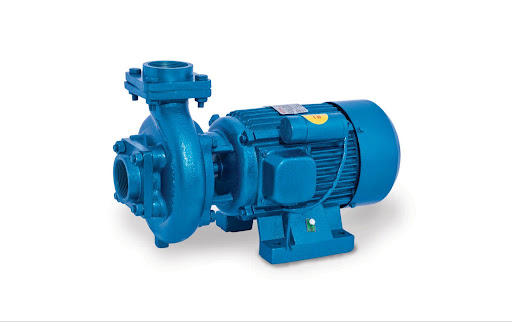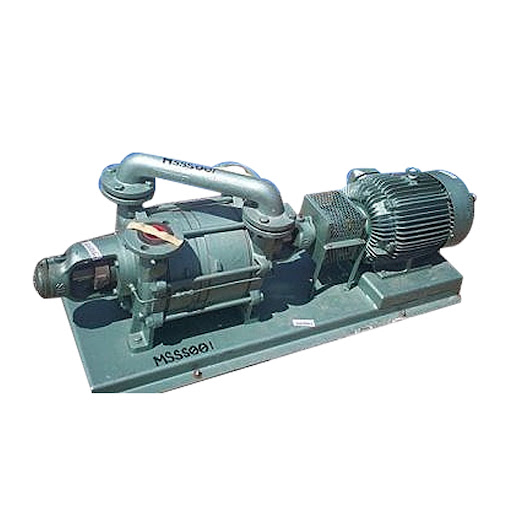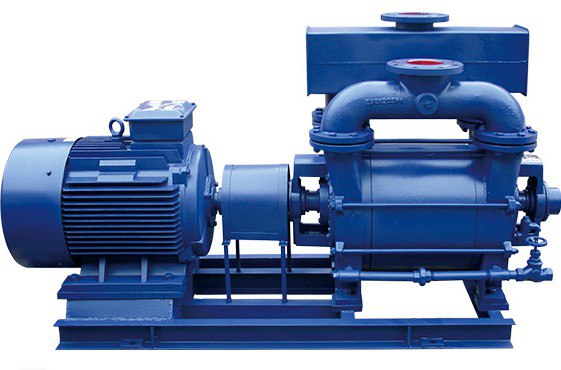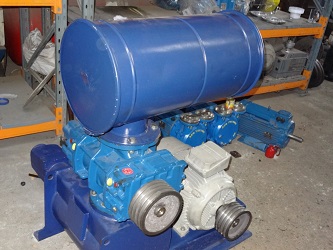Why does AC vacuum pump smoke?
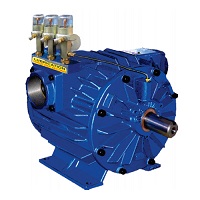
Why does AC vacuum pump smoke?
An AC vacuum pump might smoke due to oil vapor produced during the vacuum process, particularly when initially evacuating air from a system. This is normal, especially when the pump is first started or when operating at higher pressures. The smoke is essentially oil mist and should decrease as the system pressure drops. Other potential causes include overheating, leaks, or issues with the oil itself.
-
Oil Vapor:
Vacuum pumps, especially those with oil-sealed mechanisms, use oil to lubricate moving parts and create a seal. As the pump runs, the oil is churned and can vaporize, creating a visible mist or smoke, particularly when initially evacuating air.
-
Pressure and Oil Vapor:
The amount of smoke is often more noticeable when the pump is working against a higher pressure (like when starting from atmospheric pressure). As the vacuum deepens and pressure decreases, the amount of oil vapor produced should lessen.
Why does AC vacuum pump smoke? What is the working principle of vacuum pump? Water ring vacuum pump (also known as liquid ring vacuum pump).It is a kind of rough vacuum pump, How do you vent a vacuum pump? To avoid undesired contamination, vacuum chambers should be vented with dry nitrogen instead of air How do you filter vacuum pump oil? Ever since I posted my Harvest Right Freeze Dryer Review, people have asked for more information about What is a gas ballast on a vacuum pump?The correct use of the Gas Ballast valve on a mechanical oil-sealed rotary vacuum pump has always been seen How strong does a vacuum chamber need to be? Classification of Vacuum Pumps How strong does a vacuum chamber need to be? How strong does a Why does a vacuum pump need oil? One of the keys to keeping your vacuum pump in good working order is ensuring that it is operated properly What does brake vacuum pump do? Can a bad vacuum pump cause rough idle? An internal combustion engine running on unleaded gasoline builds up a tremendous amount When should I change my vacuum pump oil? How often does the vacuum In order to ensure long-lasting and reliable pump operation, it is necessary to How do you vacuum oil out of an engine? While many do-it-yourselfers love to change their own oil, they hate sliding under Introduction to a Liquid Ring Vacuum Pump How Liquid Ring Vacuum Pumps Work -
Other Causes:
Besides oil vapor, other factors can contribute to smoke:
- Overheating: An overheated motor or pump can cause smoke.
- Leaks: Leaks in the pump or system can allow air in, potentially causing the pump to work harder and overheat, or introduce contaminants that lead to smoke.
- Oil Problems: Incorrect oil type, low oil levels, or oil degradation can also lead to smoking.
- Overheating: An overheated motor or pump can cause smoke.
-
Addressing the Issue:
- Oil Mist Eliminator: Installing an oil mist eliminator on the exhaust can help reduce visible smoke.
- Check for Leaks: Inspect the pump and system for any leaks and repair them.
- Monitor Oil: Ensure the correct type and amount of oil is used and that it’s in good condition.
- Check Cooling: If the pump is overheating, check the cooling system (if applicable) and ensure proper airflow.
- Consult Manual: Refer to the pump’s manual for specific troubleshooting steps.
- Oil Mist Eliminator: Installing an oil mist eliminator on the exhaust can help reduce visible smoke.

